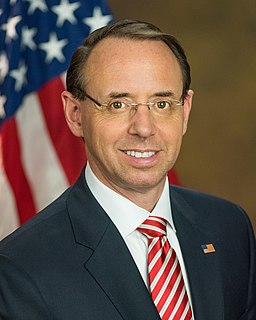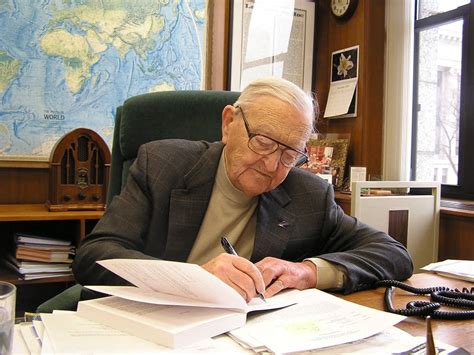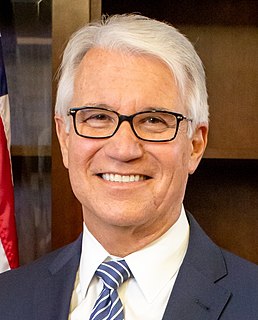A Quote by Edward Gibbon
A sentence of death and infamy was often founded on the slight and suspicious evidence of a child or a servant: the guilt [of the defendant] was presumed by the judges [due to the nature of the charge], and paederasty became the crime of those to whom no crime could be imputed.
Related Quotes
Crime, violence, infamy are not tragedy. Tragedy occurs when a human soul awakes and seeks, in suffering and pain, to free itself from crime, violence, infamy, even at the cost of life. The struggle is the tragedy - not defeat or death. That is why the spectacle of tragedy has always filled men, not with despair, but with a sense of hope and exaltation.
It's kind of like sentencing. A lot of people say that we have a heavy sentence for this crime and a light sentence for another crime, and what we ought to do is reduce the heavy sentence so it's more in line with the other. Wrong. In most cases we ought to increase the light sentence and make it compatible with the heavy sentence, and be serious about punishment because we are becoming too tolerant as a society, folks, especially of crime, in too many parts of the country.
If I had admitted my guilt, it would have been the same as putting my head on the chopping block - lifetime ban. Death penalty. I spent my entire life on the baseball fields of America, and I was not going to give up my profession without first seeing some hard evidence ... right or wrong, the punishment didn't fit the crime, so I denied the crime.
Imposition of the death penalty is arbitrary and capricious. Decision of who will live and who will die for his crime turns less on the nature of the offense and the incorrigibility of the offender and more on inappropriate and indefensible considerations: the political and personal inclinations of prosecutors; the defendant's wealth, race and intellect; the race and economic status of the victim; the quality of the defendant's counsel; and the resources allocated to defense lawyers.
Good policymaking is evidence-based, and preventing crime and antisocial behaviour involves fixing the society we all live in, identifying risk factors and demographic characteristics that make some people more likely to become involved in certain crime, and then preventing those offences taking place as often as possible.
The best crime stories are always about the crime and its consequences - you know, 'Crime And Punishment' is the classic. Where you have the crime, and its consequences are the story, but considering the crime and the consequences makes you think about the society in which the crime takes place, if you see what I mean.
I grew up reading crime fiction mysteries, true crime - a lot of true crime - and it is traditionally a male dominated field from the outside, but from the inside what we know, those of us who read it, is that women buy the most crime fiction, they are by far the biggest readers of true crime, and there's a voracious appetite among women for these stories, and I know I feel it - since I was quite small I wanted to go to those dark places.
Given my experience, I believe there are three compelling reasons why the death penalty should be replaced. (1) The criminal justice system makes mistakes and the possibility of executing innocent people is both inherently wrong and morally reprehensible; (2) My personal experience and crime data show the death penalty does not reduce crime; and (3) The death penalty wastes precious resources that could be best used to fight crime and solve thousands of unsolved homicides languishing in filing cabinets in understaffed police departments across the state.
I have examined the death penalty under each of its two aspects: as a direct action, and as an indirect one. What does it come down to? Nothing but something horrible and useless, nothing but a way of shedding blood that is called a crime when an individual commits it, but is sadly called "justice" when society brings it about. Make no mistake, you lawmakers and judges, in the eyes of God as in those of conscience, what is a crime when individuals do it is no less an offense when society commits the deed.







































